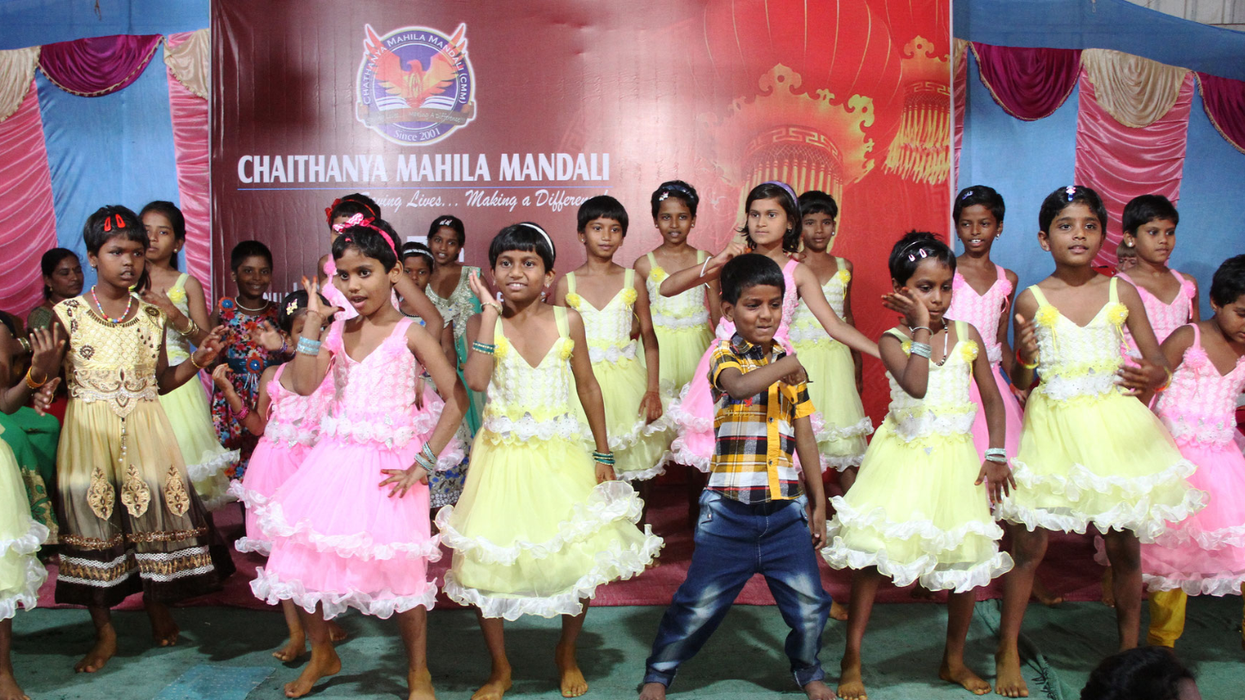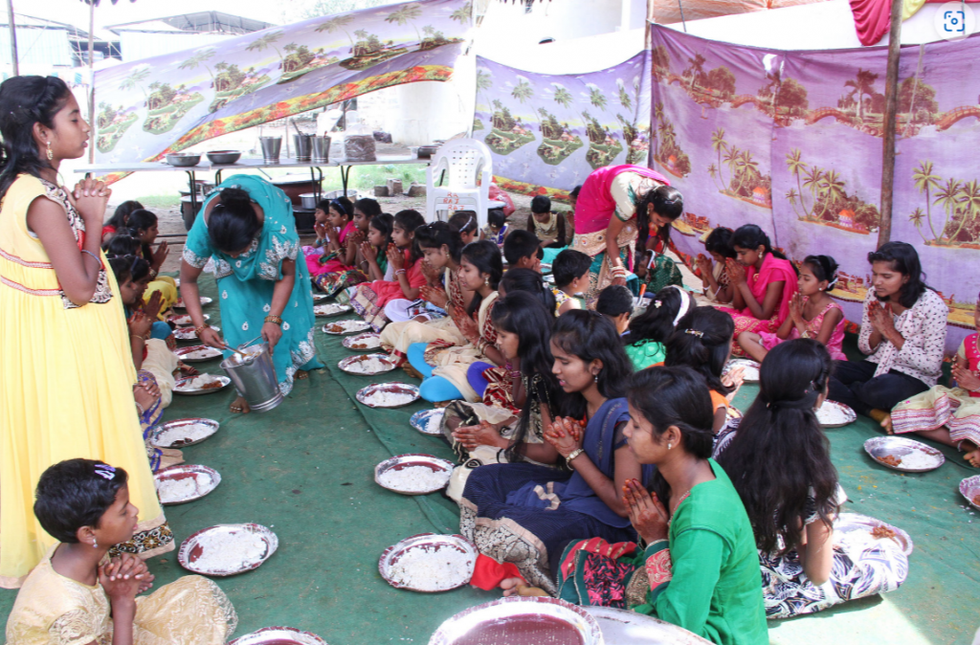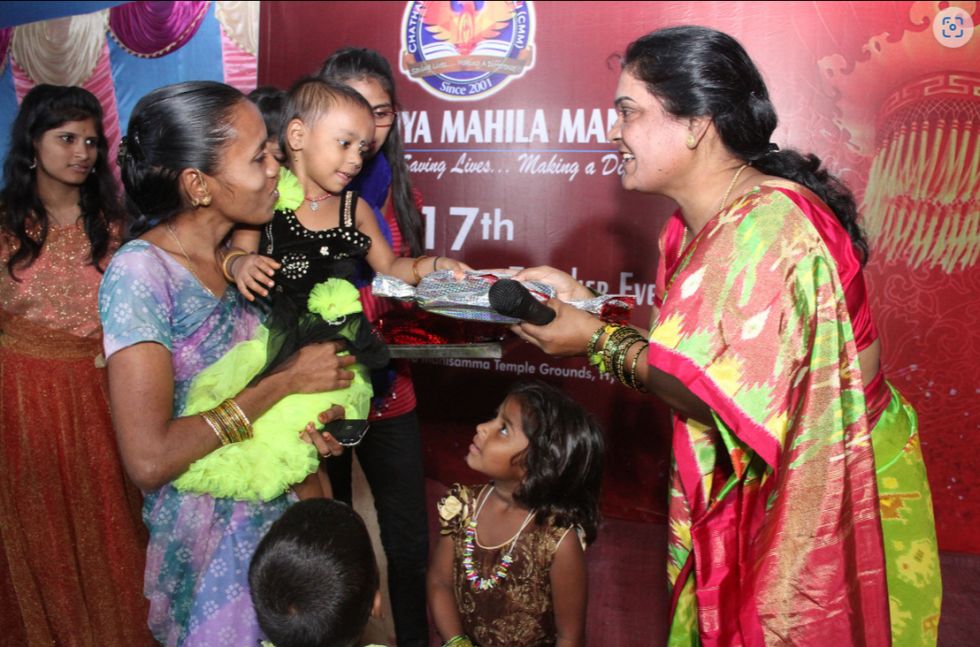“SIR, can you help with food?”
That’s how it began. I was in India doing development work to figure out how might I best design a research study to help prevent HIV transmission by improving daily HIV medication taking.
I’m a professor of epidemiology in Chicago, and I had been given the wise advice that if I wanted to do a project right, I needed to speak directly to the people affected by the problem I worked on.
That meant traveling to Hyderabad in south India, where colleagues at SHARE India guided me to an NGO called Chaithanya Mahila Mandali. At that time, about six years ago, they were a leading source of advocacy and HIV prevention for female sex workers. Their activities included trying to prevent these women from getting sick, connecting them to resources that might help them feed their children, and offering vocational training to create a path out of their poverty-driven dependence on sex work.
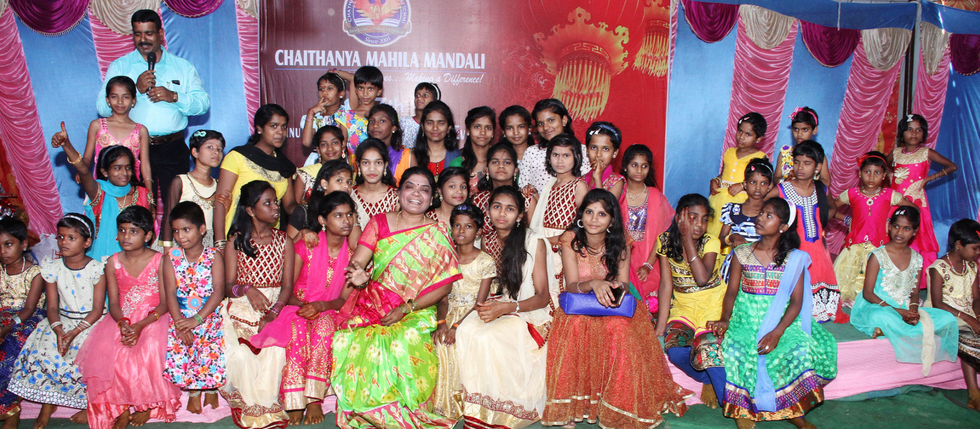
Even though I knew nearly nothing about female sex work, my earlier research involving approximately 200 people living with HIV in Hyderabad showed me that female sex workers were at higher risk of not taking their HIV medication. To me, this was a profound finding because it meant that not only were these women at higher risk of getting sick with AIDS, they were also more likely to spread HIV to their many clients, develop medication-resistant virus, die and leave their children as orphans.
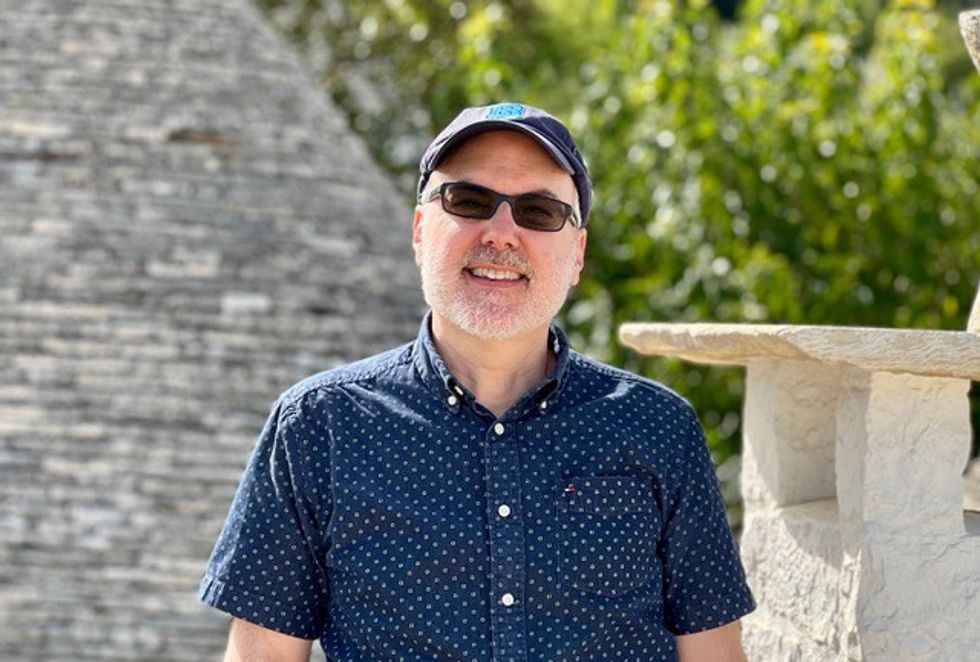
So, as odd as it sounded, I essentially said goodbye to my wife, telling her, “I’m off to spend time with female sex workers!”
I spent several days speaking to the women and asking them, with a translator, to tell me about their lives. They shared stories that helped me understand the living hell they existed in – human trafficking, violence, incarceration, and dependence on sex work to survive.
But I was also impressed with how food insecurity was a major theme. “I don’t take the medicine if I don’t have food because it upsets my stomach and I can’t work,” one woman told me.
No food meant no medicine. No medicine meant getting weak and sick. Their lives were dependent on sex work to find food; which was necessary to take their HIV medication, and necessary to prevent transmission of HIV.
But equally impressive to me was where I was meeting these women. Chaithanya Mahila Mandali had established an orphanage and I saw dozens of girls going about their business in this small building.
Jaya Singh Thomas, in partnership with a former sex worker Jayamma, had created a safe haven for more than 40 girls; and at the time, one little boy abandoned there.
Their mission was and still is to save these girls from becoming the next generation of sex workers. Many of their mothers had died, and others had surrendered their daughters before organised crime or poverty could lure these girls into the same trapped lives their mothers had great difficulty escaping from.
When that woman asked me, “Sir, can you help with food?” I felt something much stronger than anyone’s plea for food had produced. I was going to try to raise money for this orphanage. Then, about a month later, I learned that the woman who had asked me for food had died and her daughter was brought to the orphanage. So, I did what I could – held a fundraising party for friends and family, posted a fundraiser on Facebook, and just tried to raise awareness.
I have been back to Hyderabad twice since that fateful visit.
Jayamma has had a major stroke and is now a dependent at the orphanage. Their sex worker advocacy ceased due to loss of funding.
Today, however, the orphanage is in a brand-new building with room for more than 100 girls. The perseverance, dedication and financial and personal sacrifices of Singh Thomas and his wife have allowed this building to be erected through many obstacles, only a part of which is the need to fundraise.
They hope to raise enough funds to fill the building to its potential, saving so many more girls and seeing them placed in universities or vocations, changing broken lives for hopeful ones.
I ask anyone reading this to help them. This is a link to a fundraiser and to their organization – give.do/fundraisers/helping-the-girlsorphanage; and www.chaithanyamahilamandali.com/
Dr Mark Dworkin is a physician and infectious disease epidemiologist who works as a professor at the University of Illinois at Chicago School of Public Health. His research interests include HIV medication adherence in the US and India. See publichealth.uic.edu/profiles/mark-dworkin/ for more
